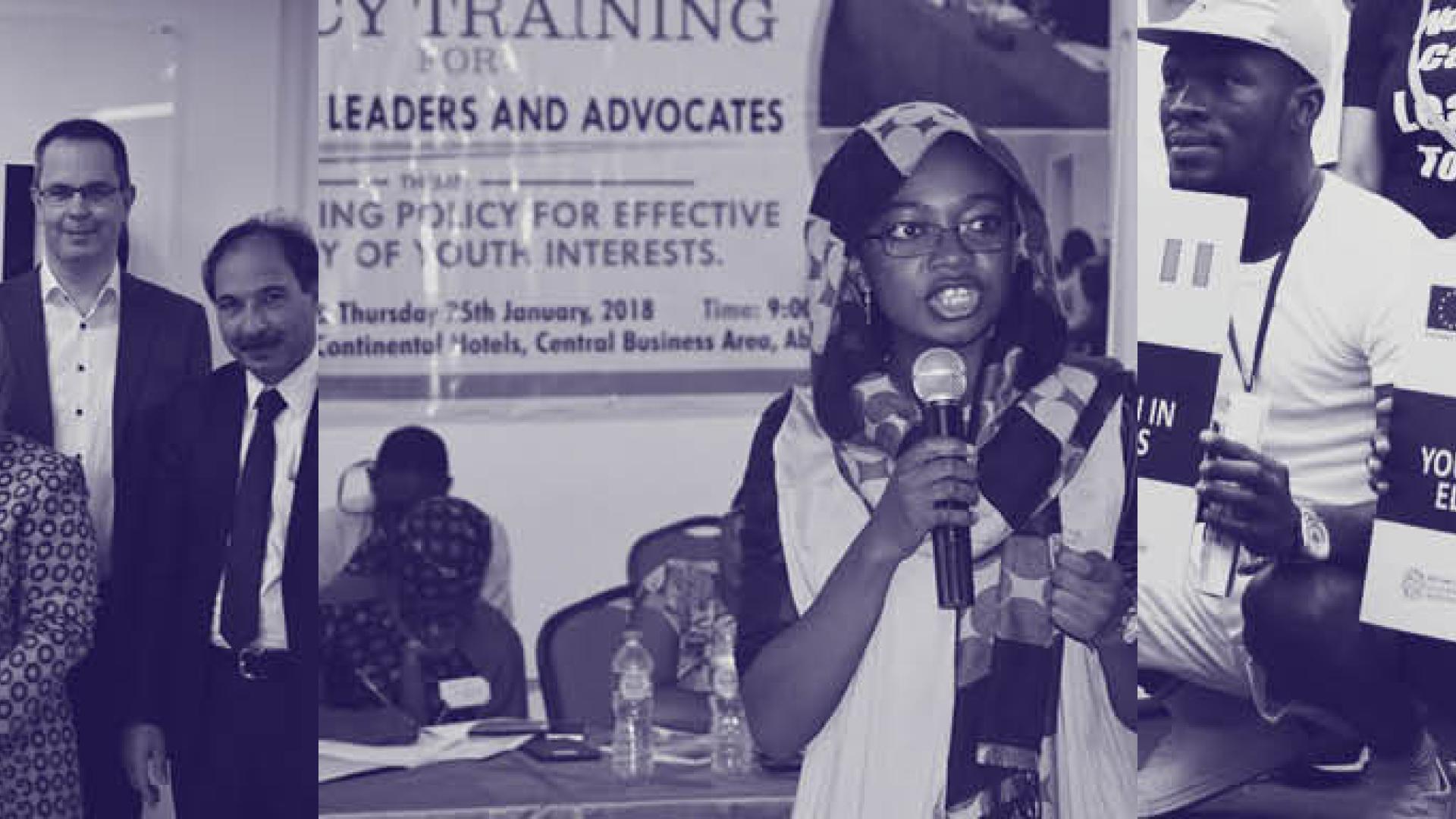2019 - 2020 Annual Report and Accounts

In the financial year April 2020 to March 2021, WFD implemented 74 programmes to strengthen democracy across 43 countries. Our Annual Report and Accounts for the period was laid in Parliament on 21 July 2021. It shows how our work shone a light on the links between the pandemic response and democracy, supported the response by democratic institutions, and began the task of building back better.
Sir Lindsay Hoyle MP, Speaker of the House of Commons and Patron of WFD said:
“When my esteemed predecessor Baroness Boothroyd wrote the foreword to WFD’s first annual report almost 30 years ago, I am sure she imagined a very different world than the one we face now. Challenges such as authoritarianism and environmental and public health emergencies are pushing democracy to the brink and testing it like never before. In the wake of this adversity, WFD’s work strengthening democracies is more important than ever.”
Celebrating WFD’s successes in 2019-2020, CEO Anthony Smith said:
“WFD’s achievements this year would not have been possible without the resilience shown by all our staff and partners and the excellent work they have done on a daily basis. This report is a testament to the breadth of their efforts to support democracy around the world, in all its forms.”
A shortened version of our Annual Report and Account, called the Annual Review, is also available online. Read WFD’s Annual Review 2019-2020
Key achievements of 2019-2020
This year, inclusion has been at the heart of many of our key achievements:
- In the Democratic Republic of the Congo, Kyrgyzstan, Morocco, and Nepal, we have worked with women parliamentarians and councillors to hone their leadership skills and support them as they prepare for elections. In Sudan, we provided women political leaders with negotiation training to strengthen their role in the peace process.
- We have made sure that the needs of persons with disabilities are properly taken into account in political decision making, by supporting new laws which ensure persons with disabilities in three Kenyan counties have the same rights and access as other members of society; training new MPs in Sierra Leone on disability inclusion; and facilitating the President of Mozambique’s commitment to new laws, policies and strategies to improve inclusion.
- Through our Commonwealth Partnership for Democracy programme WFD worked with young people to ensure they are included in political decision making. In Ghana, we trained 3,000 student leaders on parliamentary ethics, while in East Africa, we worked with young people to secure the support of political leaders for a regional commitment to good governance.
- In the Western Balkans, we launched the Human Rights and Gender Network (HUGEN) to enable parliaments to better promote gender equality in politics and across society and enshrine international standards of human rights in law through sharing lessons and experiences.
- WFD continued to support the Arab League and the Coalition of Women MPs from Arab Countries in drafting the first ever regional agreement to tackle gender-based violence. In Lebanon, we also assisted a parliamentary committee in amending the Lebanese Penal Code to criminalise sexual harassment and extend the definition of rape – this will serve to reduce the impunity of perpetrators of violence against women.
Looking ahead, Chair of WFD’s Board of Governors Richard Graham MP said:
“We face new threats as the world tries to return to normal – but I am confident that WFD staff and partners will again find creative solutions. In a year when the Economist’s Democracy Index turned negative for the first time in 30 years, there is much to do.”